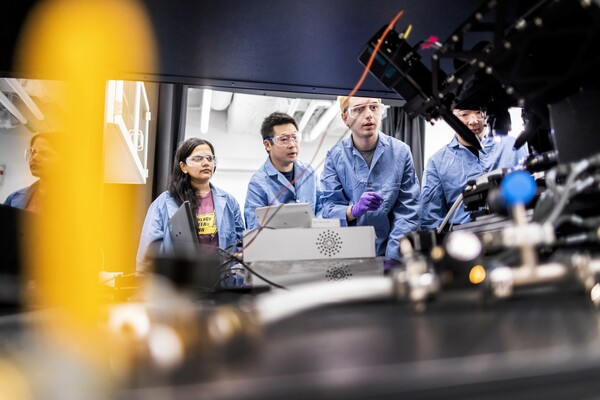
Image: Mininyx Doodle via Getty Images
PHILADELPHIA Welfare reform laws have made it extremely difficult for low-wage earners to support their families, according to a new study by Roberta Iversen, professor and associate dean in the University of Pennsylvania School of Social Work.
Even after three years of steady work, former welfare recipients still did not earn a family-supporting income, though their incomes exceeded established federal and state poverty guidelines, the study found.
The study, "Moving Up is a Steep Climb," follows the lives of 10 families who participated in the Annie E. Casey Foundation Jobs Initiative programs in Milwaukee and Seattle, part of an eight-year, six-city program. The study began in 2000 and will continue until 2003.
The Jobs Initiative was designed to improve the futures of low-income inner-city men and women considered hard to employ due to various factors such as a lack of education, substance-abuse problems, domestic violence, immigrant status or criminal records.
Iversen also discovered a pervasive "life-stage mismatch" between the Jobs Initiative workers and their employers, an area of research largely unexplored. The harsh reality of a life-stage mismatch is that entry-level jobs for which most former welfare recipients are qualified are not "family friendly." The shifts are long and inflexible and not supportive of an older worker needs.
"The mismatch counters the myth that oving upis simple, easy and due primarily to a worker's motivation," Iversen said. "In a country that believes that people can ay their duesand move forward, even after a mistake or period of time in a new land, many obstacles remain."
Iversen research, funded by the Annie E. Casey Foundation, found that better-paying and more stable jobs allowed parents to spend more time with their children and participate more actively in their children education and upbringing.
"Iversen research shows that employers and public policymakers are vitally important factors in whether workers move up," said Susan Gewirtz, program associate at the Casey Foundation. "The study underscores the urgent need for policies that support upgrading skills and continuing subsidies during the transition from ust making itto earning an income that truly supports a family."
The report is available at www.aecf.org/jobsinitiative.
# # #
The Annie E. Casey Foundation is a private charitable organization dedicated to helping build better futures for disadvantaged children in the United States. It was established in 1948 by Jim Casey, one of the founders of United Parcel Service, and his siblings, who named the Foundation in honor of their mother. The primary mission of the Foundation is to foster public policies, human-service reform and community supports that more effectively meet the needs of today's vulnerable children and families. In pursuit of this goal, the Foundation makes grants that help states, cities and neighborhoods fashion more innovative, cost-effective responses to these needs. The Foundation Website is at www.aecf.org.

Image: Mininyx Doodle via Getty Images

The sun shades on the Vagelos Institute for Energy Science and Technology.
nocred

Image: Pencho Chukov via Getty Images

nocred